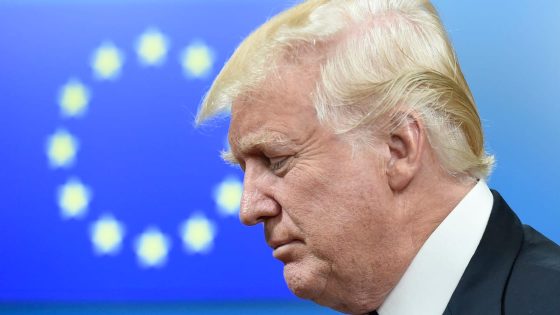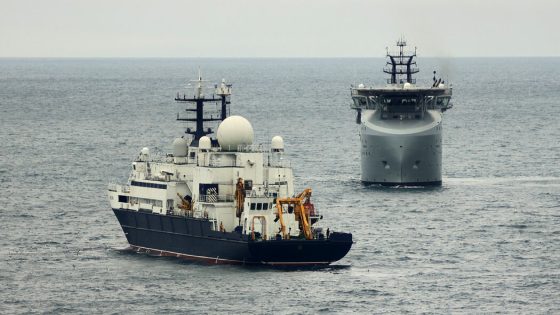On January 22, 2025, EU trade chief Maroš Šefčovič reached out to the united states, expressing a willingness to engage in discussions regarding trade cooperation. His comments come amid concerns over potential tariff increases from U.S. President Donald Trump, which could impact the European economy and trade relations.
- EU ready to engage with U.S.
- Trump’s tariffs raise fears in Europe
- Šefčovič offers cooperation package to U.S.
- Von der Leyen suggests LNG purchases
- Transatlantic ties crucial for global economy
- Trump blames EU for trade deficit
Šefčovič’s remarks follow a series of threats from Trump regarding tariffs, which have raised alarms in Brussels and across Europe. The EU is particularly concerned that increased tariffs on China could lead to a surge of cheap Chinese goods entering the European market, further straining the already flagging European economy. Šefčovič emphasized the need to enhance cooperation with the U.S. and address the concerns of American partners.
He highlighted potential avenues for collaboration, including increasing European purchases of U.S. liquefied natural gas and military equipment. These measures could serve as incentives to mitigate the risk of tariffs. Trump has previously criticized the EU, citing a significant trade deficit and claiming that European nations do not adequately import American products.
- Transatlantic ties represent over 40% of the world’s GDP.
- The U.S. has a $350 billion trade deficit with the EU.
- Trump’s tariff threats have caused anxiety among EU leaders.
Despite the tensions, Šefčovič maintained a calm stance, underscoring the importance of the transatlantic relationship. He called for a constructive dialogue to improve trade ties, suggesting that both sides must work together to navigate the current challenges. The outcome of these discussions could significantly influence future trade dynamics between the U.S. and the EU.
In summary, Šefčovič’s outreach to the U.S. reflects the EU’s proactive approach to managing potential trade conflicts. As both sides explore avenues for cooperation, the focus remains on maintaining strong economic ties amidst ongoing challenges.
































